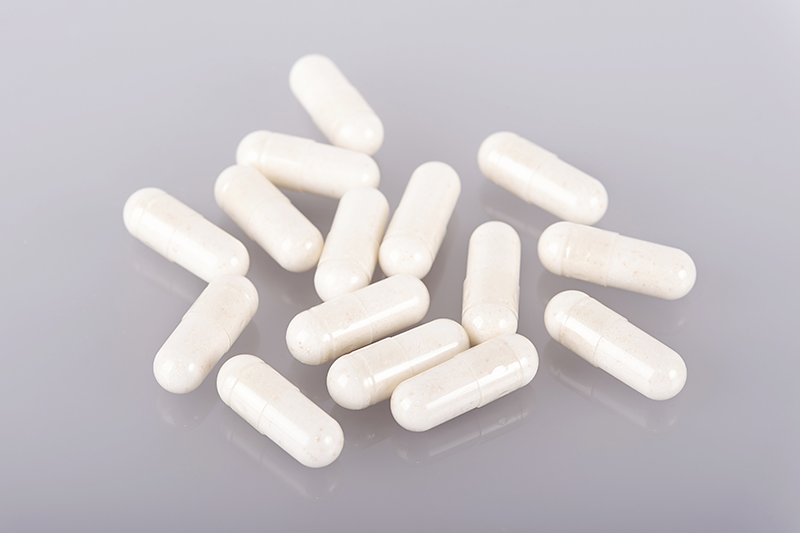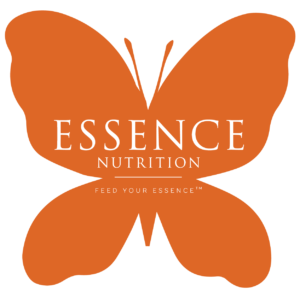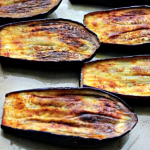Election season is upon us. We’re not going to tell you to vote one way or another (but come on, look at Hillary’s killer pantsuits!), but we would love a bumper sticker that read ‘Pro-Probiotics’ on our cars.
There’s a lot of hype about probiotics. Probiotics are itty bitty life forms, namely types of bacteria and yeasts, that are used as supplements or occur naturally in foods. There are many different strains/species of probiotics and the research to date has not zeroed in on precisely how much, which type, and for whom they are beneficial. But, we DO know that they definitely have potential, if anything, and are only risky if you’re severely immunocompromised.
The thinking is this: your body, namely, your intestines, are home to billions of bacteria and yeasts. They all coexist nicely until the bad gang of insidious bacteria, the kinds that make us sick, invade or their population explodes and the good bacteria just CAN’T EVEN. Or, the zillions of strains and types of happy tummy bacteria in your gut just aren’t in the “correct” balance (researchers are working to define this. Hey everyone, donate to the NIH for scientific progress!). The medical community is hypothesizing that if we introduce these friendly bacteria (probiotics) into our system, they will a) take up valuable real estate that therefore won’t be available for the rude meanie bacteria b) they will restore the “correct” balance of bacteria in your gut that’s been devastated by antibiotics or poor diet quality. This will, theoretically, lead to the following possible situations which again, are still under research:
- reduced diarrhea, gas, constipation
- enhanced immunity
- weight loss (there’s evidence that the bacterial populations in obese people are different from those in lean people)
- prevent/manage autoimmune conditions like eczema, allergies, IBD, MS, psoriasis, etc.
- manage lactose intolerance
- lower cholesterol
- manage UTIs/feminine infections
Now know this: a) the jury is still out about WHICH probiotics do WHAT and for WHOM and HOW MUCH b) the efficacy of probiotic supplementation/naturally fermented foods to treat/manage the above conditions and c) there is scant regulation from our delightful government about labeling, formulas, how many bacteria/yeasts actually survive processing and make it into your system (a lot die off during processing and over time).
Everything in medicine boils down to risk/benefit. Risks of probiotics? Minimal, aside from some bloating/gas in the beginning, and again, those with severely compromised immune system should probably stay away, since these bugs are ALIVE. Potential benefit? Essentially gigantic. Hence, I’ve been taking them since ‘06 (yay high school graduation year #geriatric). They can be a little pricey and they’re not all created equal, so here’s my recommendations:
- Choose a refrigerated brand; these tend to harbor bacteria/yeast that stay alive better than the shelf-stable ones
- Choose a brand with as many strains as possible. I like to hedge my bets!
- Don’t worry about enterically coated forms; these may contain bizarre chemicals and the evidence isn’t solid enough to recommend them
- Introduce naturally fermented foods into your diet, because food is fun! Try kefir, sauerkraut, kimchi, half-sour pickles, fermented drinks like kombucha, KunaChia seeds [a personal favorite of mine; I sprinkle them on just about everything] and apple cider vinegar. Unfortunately, since yogurt is pasteurized, many of the bacteria have been killed off by heat, but ummm plain yogurt is amazing and you should eat it anyway!!
- But wait! Those little buggers have to eat, too! They feast on things called prebiotics, which basically serve as food for probiotics. No need to supplement; they’re naturally found in garlic, bananas, legumes, honey, whole grains, and artichokes (which again, you should be eating anyway!)
I’m hoping science catches up soon and can give us some more probiotic clarity, but for now, I remain vehemently pro-biotic (and pro animal rights, because Madeleine says so)
Essentially Yours,
Monica






